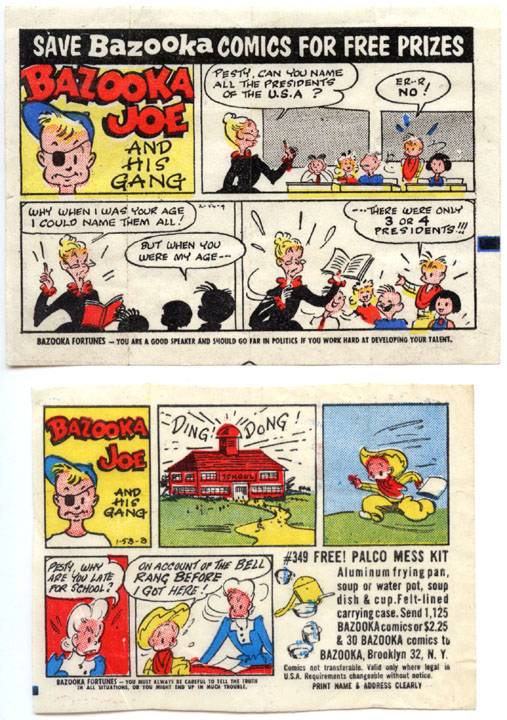Clarity,
Office 17622,
PO Box 6945,
London.
W1A 6US
United Kingdom
Phone/ Voicemail:
+44 (0)20 3287 3053 (UK)
+1 (561) 459-4758 (US).

Hi, Brad:The simple fact that Takashima was famous or historically important is not as important to me as looking into a translation that makes sense and shows understanding. The bamboo cage is a really bad idea and does not command my respect...
Hi, Tom:Don't get the cage, eh Bradford? Takashima wasn't making a translation. He was making a divinatory interpretation. It's a poetic application. I think it's a beautiful idea. In Chinese poetry (according to Fenallosa) the Chinese use character components as Takashima apparently did.
Hi, Tom:Aboutc as bandit. I once wanted to have the Chinese experience of growing millet and planted a small patch. I got nothing. Bandit birds stole it all. Maybe such experiences in China contributed to the bandit meaning for 匪 .
Charly, couldn't the relationship between BANDIT and NOT be that bandits are the not-people -- those outside the confines of society? They are in opposition to the social order.
There is a relationship, but they use both words in the Yijing: Fei Ren, literally "Bad People".
Hi, Tom:Charly, couldn't the relationship between BANDIT and NOT be that bandits are the not-people -- those outside the confines of society? They are in opposition to the social order.

Sugiura Shigetake (1855-1924) who, in the early 1890s, played an important role in the Meiji Era, was a representative thinker of the second generation.
This generation tried to connect Western ideas to traditional Eastern ideas and to mediate between these two different trends of thought.
...
Sugiura also proposed a unique idea called "Scientific Morality"... In .Scientific Morality", the ideas of the "I Ching" (Book of Changes) were strongly emphasized, and as a result, approaching his idea became difficult.
He was highly influenced by Takashima Kaemon (1832-1914), known not only as a famous entrepreneur in the first half of the Meiji Era, but also an expert on I Ching divination.
...
I will try to shed new light on Sugiura’s idea and show that the ideas of the I Ching were considered as a kind of science by Sugiura during that era...
Ikuyo Shimomura
From: http://hermes-ir.lib.hit-u.ac.jp/rs/bitstream/10086/17538/1/shakaikg00007a1840.pdf
... Des éléments liés à la théorie de la sélection naturelle ont été incorporés par Shigetake Sugiura, l’un des tuteurs de Hirohito, dans ses écrits visant à justifier la supériorité de la race nipponne et son droit à dominer l’Extrême-Orient. Avec les éléments mythologiques propres au shinto, le darwinisme social servit donc de toile de fond à l’invasion de la Chine et des pays d’Asie du Sud-Est pendant l’ère Showa. (1)
From: http://www.fdesouche.com/65737-chaq...sent-ou-s’installent-en-france-metropolitaine
I just received this note from Edward Gaynor of the Library of the University of Virginia:
Dear Mr. Hood,
We finally got word back from Google and now the Takashima Ekidan is viewable in its entirety. You can get to it directly at:
http://books.google.com/books?id=agkvAAAAYAAJ&dq=Takashima Ekidan&pg=PR1#v=onepage&q&f=false
Sincerely,
Edward Gaynor
I am grateful to Mr. Gaynor for his assistance.
I don't know other, but following the link I only see sometimes two fragments, sometimes three. No book available.
Maybe I'm doing the things wrong.
Charly
For me it doesn't function. Maybe Google has different mirrors with different rights of access for each country.
Ladies and Gentlemen,
The problem is that many Google Books full view PDF's are available only to US viewers.
Ladies and Gentlemen,
The problem is that many Google Books full view PDF's are available only to US viewers. I can send you a copy Charly. Send me your email address and I'll do it later.
I had no idea this was the case because I thought Google tried to treat everyone the same. This limitation must be a consequence of the complexity of copyright laws.
知日部屋屋主 回覆於 2008/10/22 14:08
Divination and Meiji Politics: A Reading of Takashima Kaemon’s Takashima Ekidan (My Judgment on the Yijing). By Benjamin Wai-Ming NG.
Abstract: The use of Yijing oracle in politics and the military had a long tradition in Japanese history and this practice survived in the Meiji period (1868-1912). Meiji leaders consulted the oracle of the Yijing frequently in making major political and military decisions. Takashima Kaemon (1832-1914), a famous entrepreneur and Yijing scholar, served as a semiofficial diviner for Meiji government, consulted by the prime minister, cabinet members, military generals, highranking officials, diplomats, intelligence officers, and judges. Hundreds of political and military oracles have been preserved in the Takashima Ekidan (My Judgment on the Yijing, 1882 first edition, 1901 expanded edition). Through a textual analysis and critical reading of the Takashima Ekidan, this study aims to investigate the role of Yijing divination in Meiji politics, in particular how the Meiji leaders made use of Yijing divination for political purposes and how was it incorporated into late Meiji state ideology. It sheds light on the nature of Meiji modernity and the formation of the so-called “emperor-state” (tennosei) ideology in modern Japan.
From: http://www.cuhkacs.org/~benng/Bo-Blog/read.php?964

Hi, Tom:Takashima's method of casting is similar to the method given in Jou's I Ching, pp. 65-7. By this method there should always be one and only one moving line, but somehow on pages 78, 84, and 154 he gets unchanging hexagrams. Any idea how?
Clarity,
Office 17622,
PO Box 6945,
London.
W1A 6US
United Kingdom
Phone/ Voicemail:
+44 (0)20 3287 3053 (UK)
+1 (561) 459-4758 (US).